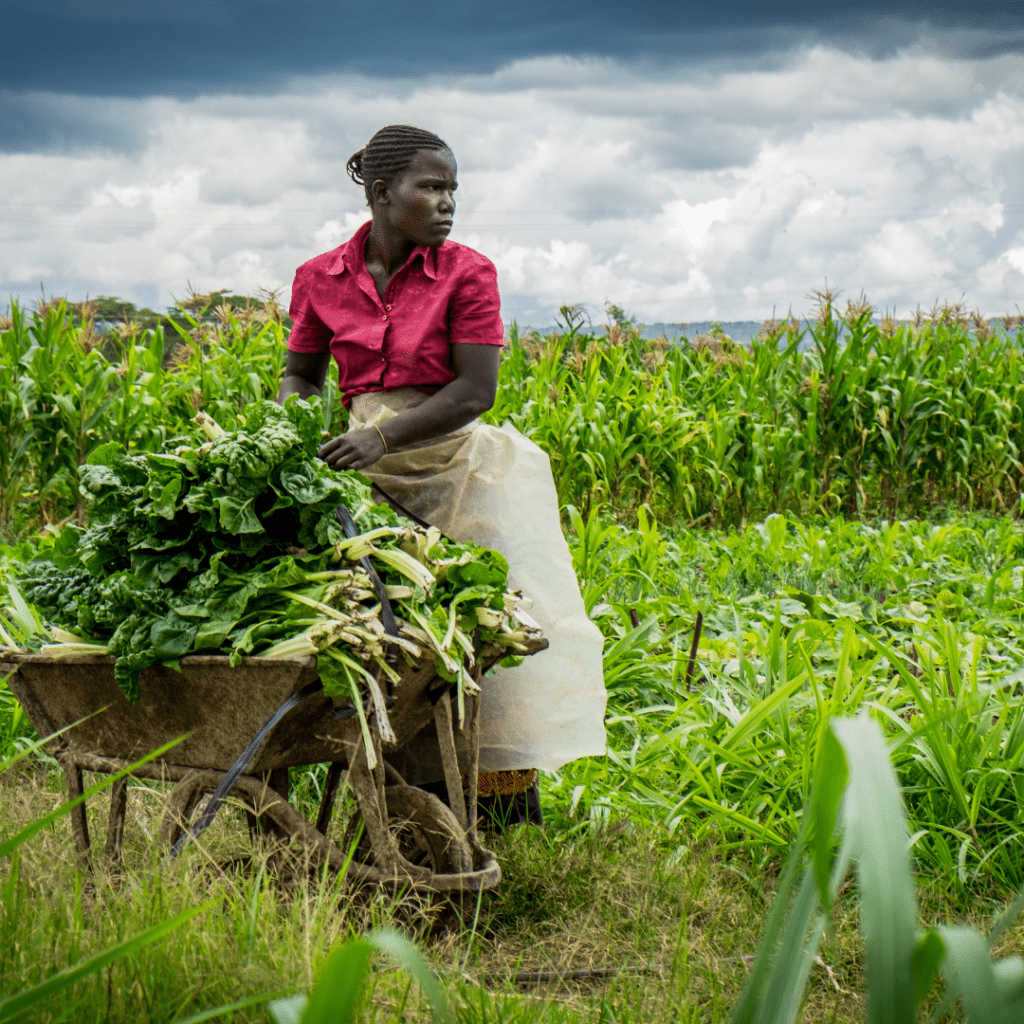Hinduism & Temples
Hinduism in Kenya
Hinduism is a minority religion in Kenya, practiced by a relatively small but culturally significant community. The presence of Hinduism in Kenya can be traced back to the arrival of Indian immigrants, primarily from the Gujarat and Punjab regions, during the late 19th and early 20th centuries. These immigrants brought their religious traditions with them, and Hinduism has since become an integral part of Kenya’s cultural diversity.
Kenyan Hindus maintain their religious and cultural practices, including festivals, rituals, and customs. While the Hindu community is relatively small compared to other religious groups, it has a rich heritage and has made notable contributions to Kenyan society.

Hinduism and Hindu Temple in Kenya
Hindu Temples in Kenya
indu temples serve as the central places of worship and community for Kenyan Hindus. They are scattered across the country, with the majority located in urban centers, particularly Nairobi and Mombasa. These temples come in various sizes and architectural styles, reflecting the diversity of the Hindu community.
One of the most prominent Hindu temples in Kenya is the Shree Cutch Satsang Swaminarayan Temple in Nairobi. This temple is known for its impressive architecture and serves as a hub for religious and cultural activities. Another notable temple is the Shree Sanatan Hindu Union Temple in Mombasa, which also plays a significant role in the local Hindu community.
Hindu Practices and Festivals
Kenyan Hindus engage in religious practices and festivals that are integral to their faith. These include daily worship at home or in temples, prayer ceremonies, and the celebration of major Hindu festivals such as Diwali (Festival of Lights) and Holi (Festival of Colors). Temples are often decorated elaborately during these festivals, and special prayers and cultural events take place.
Challenges and Contributions
The Hindu community in Kenya has made notable contributions to the country’s social, economic, and cultural fabric. They are active in business, education, and philanthropy. The challenges faced by the community include preserving their cultural and religious heritage while adapting to the changing social and economic landscape of Kenya.
In summary, Hinduism is a minority religion in Kenya, but it holds a significant place in the country’s cultural mosaic. Temples serve as centers of religious worship and cultural preservation, and Hindu festivals add vibrancy to Kenya’s multicultural society. The Hindu community continues to contribute to Kenya’s cultural diversity and heritage.
